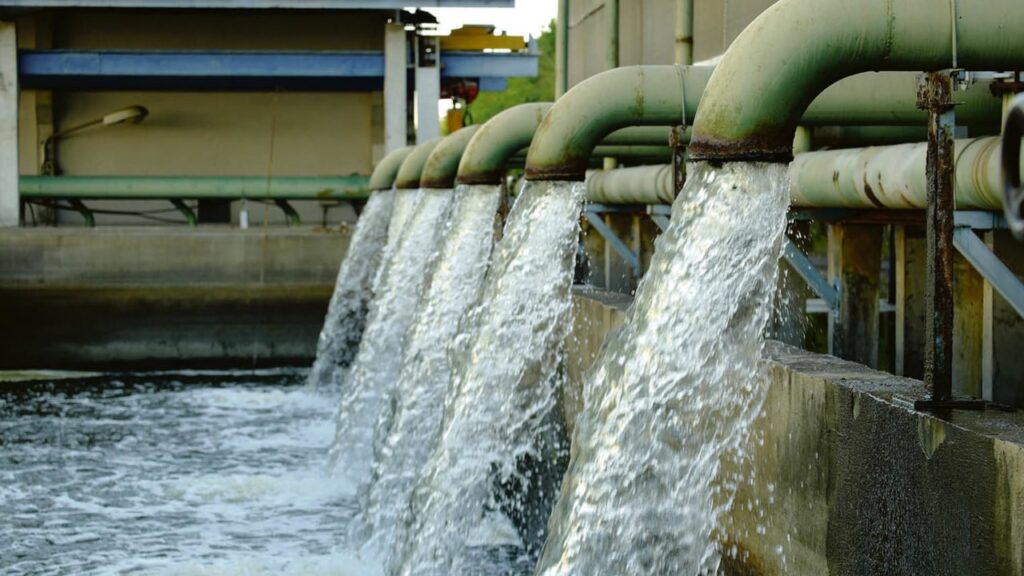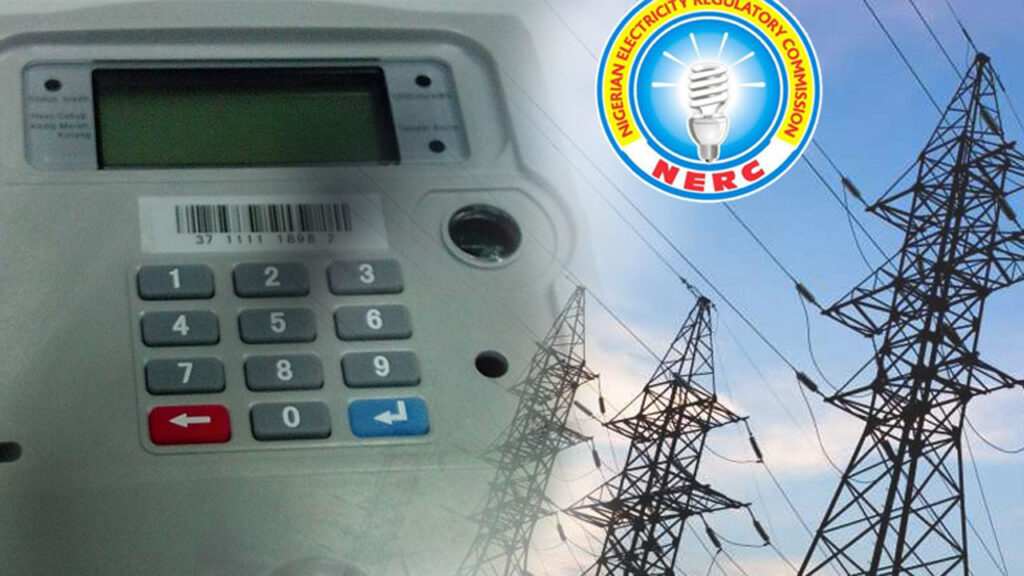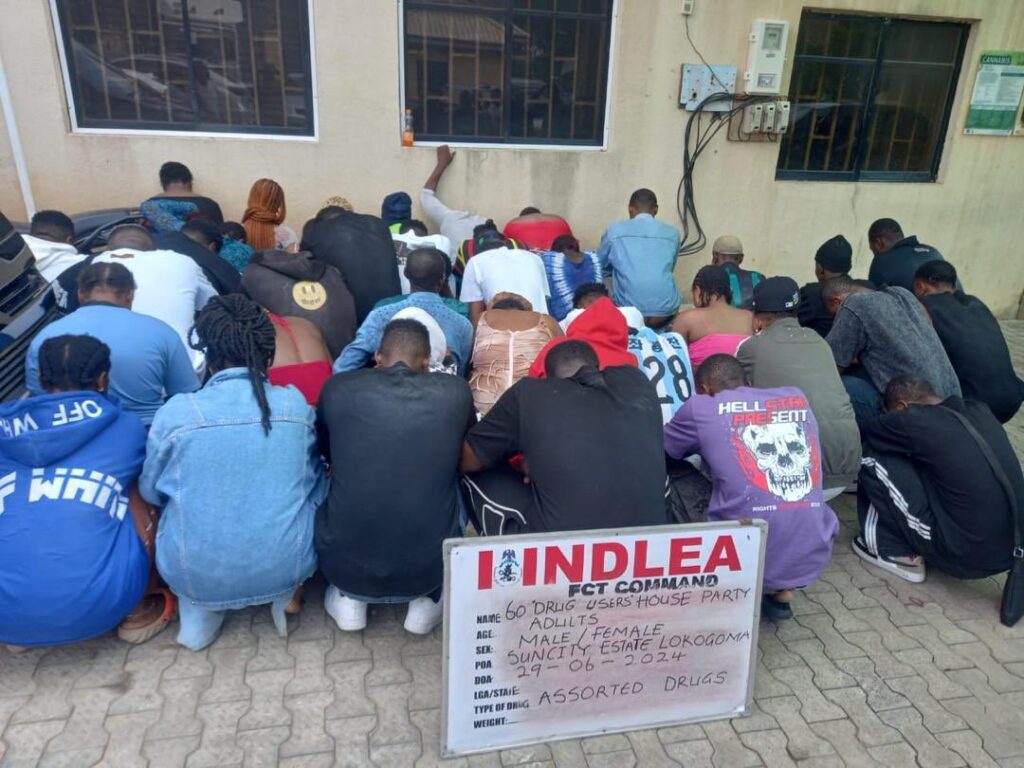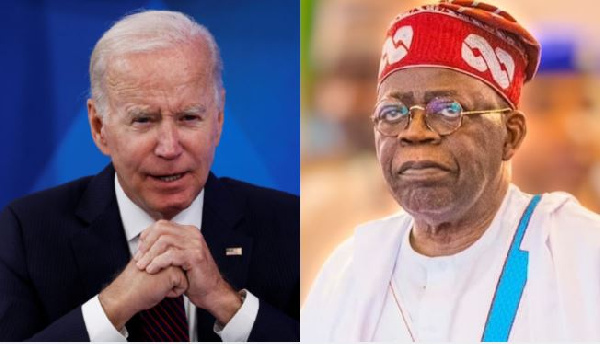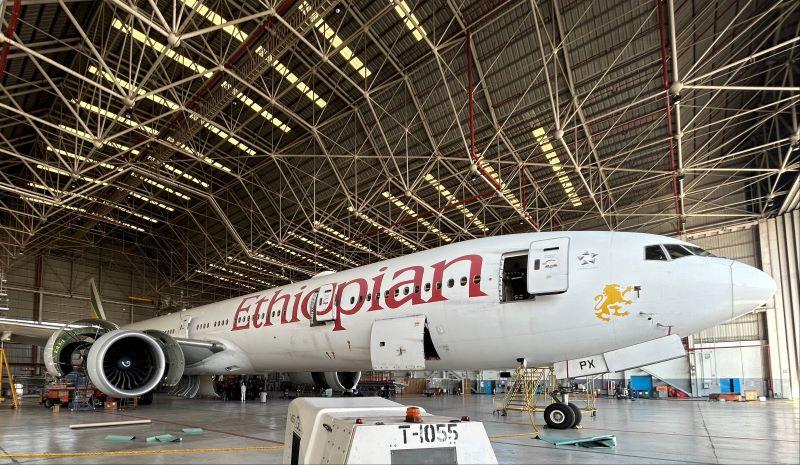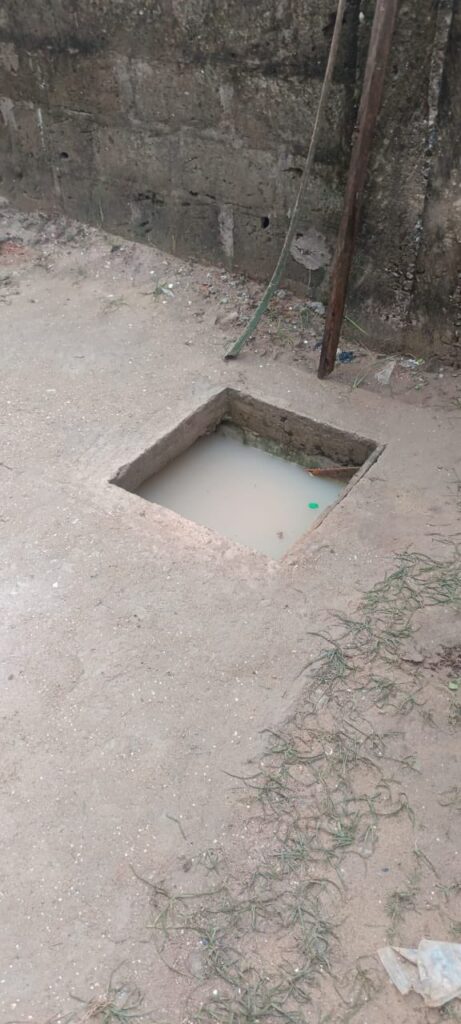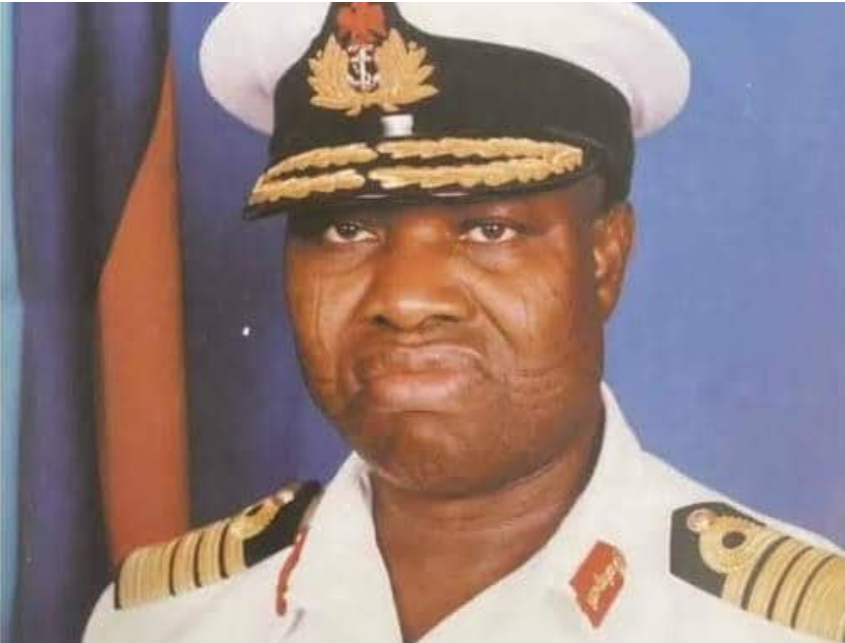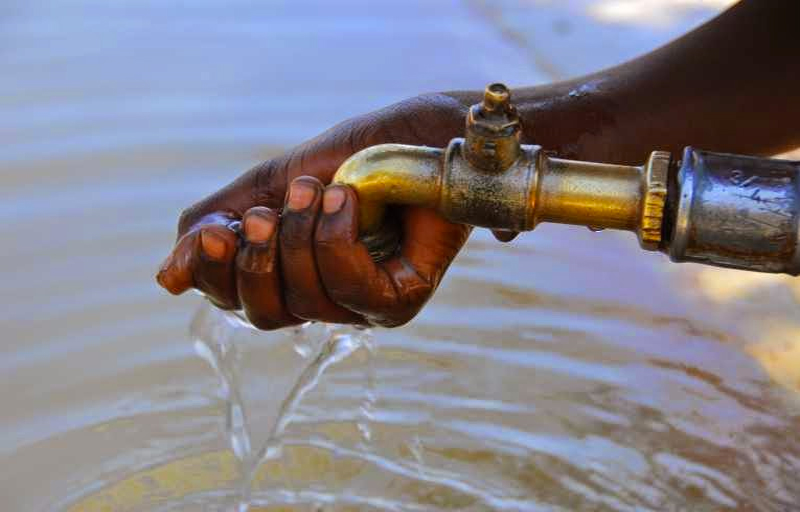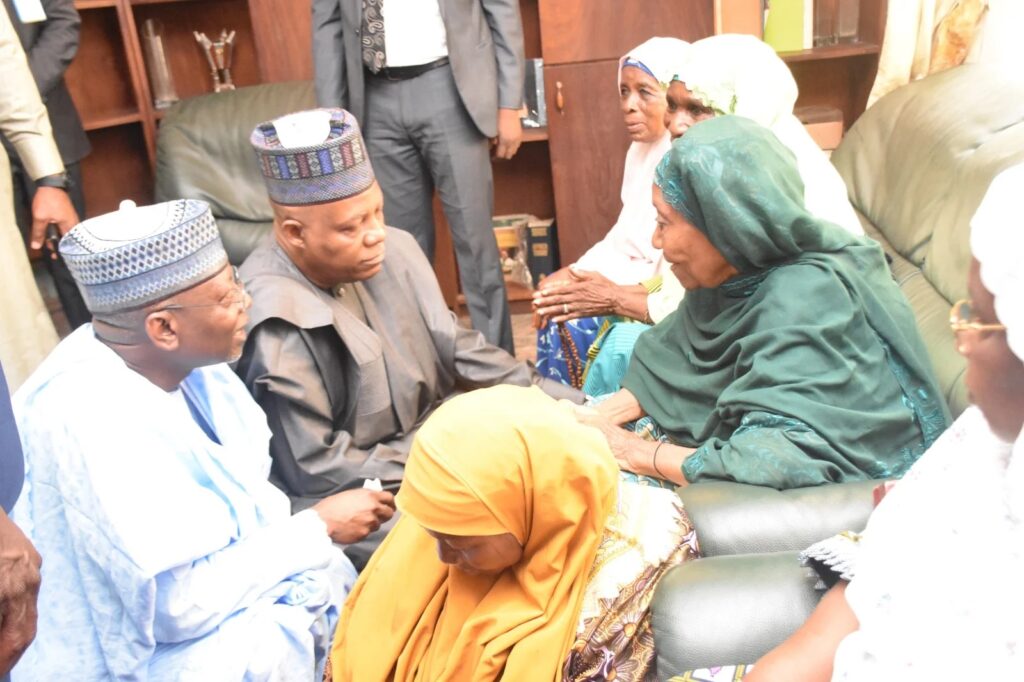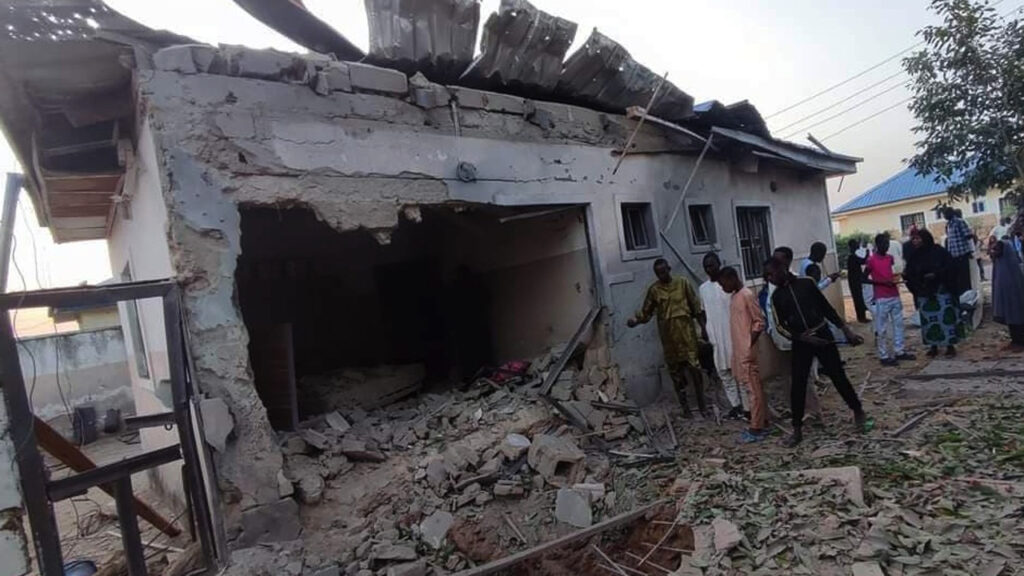Corporate Accountability and Public Participation Africa (CAPPA) has chided the Lagos State Government for allegedly pushing a single policy direction to privatise water utilities without considering alternative management model to the detriment of some communities within the state.
CAPPA, in a statement by its Media and Communications Officer, Robert Egbe, yesterday, expressed grave concerns about statements made during the just-concluded Lagos International Water Conference (LIWAC), hosted by the Lagos State Water Regulatory Commission (LASWARCO) from June 25-26, 2024.
According to the accountability watchdog, although LIWAC 5.0, themed “Financing Water and Sanitation for a Greater Lagos,” brought together government stakeholders, private sector investors, diplomats and international non-governmental organisations (NGOs) to explore innovative funding solutions for the state’s water sector, it presented Public-Private Partnerships (PPPs) as the sole viable option.
CAPPA said that the bias was evident in the speeches of Governor Babajide Sanwo-Olu, the Commissioner for Environment and Water Resources, the Minister for Water Resources, representatives of United States Agency for International Development (USAID) and other pro-privatisation speakers.
It condemned the overwhelming presence of voices favouring the privatisation of public water utilities, stating that while it is undeniable that Lagos State faces water crisis, PPPs are not the only solution, despite what advocates of profit-driven models might claim.
“Alternative approaches, such as public control and community management of water, have consistently proven effective in addressing water challenges across the world, offering a more inclusive and sustainable intervention in the face of a global water crisis.
“It is crucial to remind the Lagos State Government that credible evidence from Africa and elsewhere demonstrates that water privatisation does not enhance community access to water. If anything, examples from Gabon, Cameroon, Ghana, Mozambique, and Tanzania show governments struggling with legal and financial challenges to de-privatise after failed privatisation attempts.
“Only recently, Niger re-municipalised its water utilities following decades of privatisation, and Senegal, often cited as a privatisation success in Africa, faces public backlash over rising costs and water scarcity, prompting an audit of all PPP contracts,” the statement stated.
CAPPA, while decrying the absence of frontline communities at the conference, noted that vulnerable groups, such as women, girls, persons living with disabilities and members of informal communities that suffer the most from lack of access to safe public water, were poorly represented at LIWAC 2024.
Besides, it also criticised the notable absence of pro-public water civil society organisations and water justice advocates.
The group, therefore, encouraged the state government to embrace sustainable water financing models that prioritise meaningful engagements with the critical stakeholders and groups.
It also urged authorities to listen to communities on the frontlines of the water crisis, including CSOs and social movements mobilising at the grassroots level.

